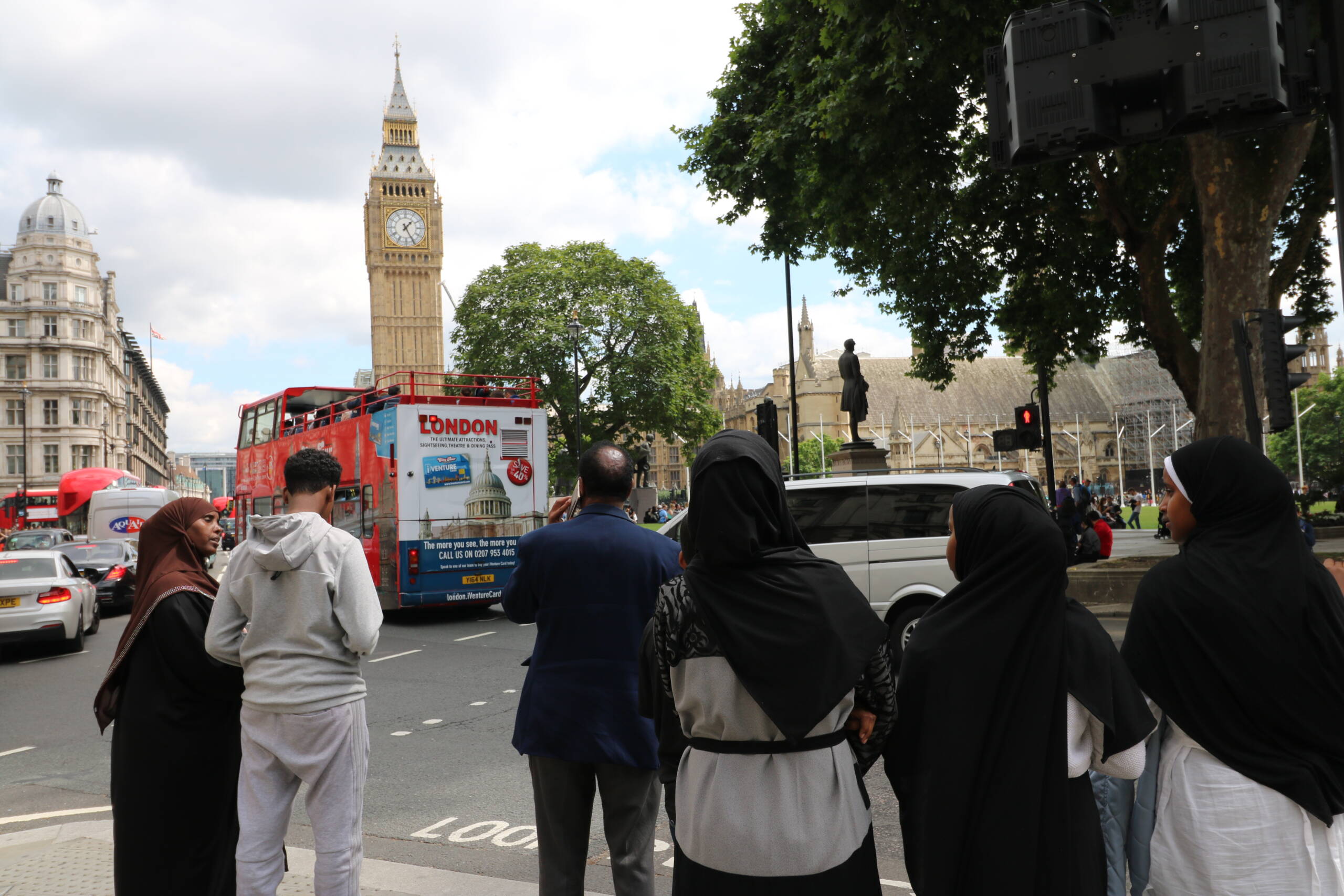There’s something about London in early November that feels like the stage lights are being dimmed just enough to make the world more focused. The sky leans grey, the air gets that slightly brisk bite, and then inside the halls of ExCeL London everything turns bright and loud and buzzing with possibility. WTM London 2025 arrives right in that moment, gathering more than 45,000 travel professionals from every corner of the industry. Airlines, national tourism boards, boutique hotel owners, startup founders who are still half-running on caffeine and stubbornness, and the big players who quietly shape the next decade of how we move across the world. It is one of those events where you can walk ten steps and overhear five different languages, each talking about the same thing in their own way: how we travel, why we travel, and where travel goes next.

London is changing too
The theme this year, “Reimagining Travel in a Changing World,” feels less like a slogan and more like a moment of collective exhale. The industry has come through turbulence, reinvention, new expectations around sustainability, shifting traveler behaviors, AI reshaping almost every workflow, and the sense that travel itself is no longer just movement but narrative. There’s a shared awareness that the world no longer wants copy-paste experiences. Travelers want meaning, identity, memory. Not just a hotel, but a story. Not just a destination, but context. WTM becomes the place where people try to figure out what ingredients will define that story going forward. Honestly, sometimes you can feel it in the body language of the crowd. People are not just selling trips; they’re negotiating the emotional tone of travel for the next few years.
One of the most compelling parts of WTM is the buyer program – thousands of pre-vetted buyers who actually come ready to make deals, not just chat. So you get those moments where a representative from a national tourism board is explaining their new community-based cultural program to a mid-sized tour operator, and you watch them both realize they might be creating a new trend in real time. Or an emerging hotel brand shows how they’ve redesigned the entire guest journey with AI-driven personalization, but softly, without making the guest feel like they’re trapped inside a data profile. Everyone is trying to strike that balance: innovation without losing humanity.
There’s always a certain rhythm to the days. Mornings with structured meetings that start out politely, coffee in hand, small nods of “we’ve done this before.” By afternoon, the energy shifts. People speak faster, deals get bolder, the show floor hums like a hundred engines powering the future. And by evening, conversations move to restaurants and hotel lobbies, where the real details get defined. One could argue that half the future of the travel industry is whispered over glasses of wine in Canary Wharf after 8pm.
What’s different this year is the underlying honesty. The world of travel is not just expanding; it’s changing shape. Climate, geopolitics, generational shifts, new digital ecosystems – everything influences where and how people feel safe, inspired, welcomed. The event’s tone reflects that maturity. It’s less hype, more intentionality. Like everyone is aware they are custodians of something fragile: the ability to move, to connect, to step outside your own life and see the world from a different street corner.
WTM London 2025 feels like the kind of gathering where people arrive to show the best of what they have built, but they leave thinking about what they need to build next. If you walk those aisles with your eyes open, you don’t just see destinations. You see the future shape of how we belong to the world, how we cross borders with curiosity rather than fear, and how travel continues to remind us that the world is large and small at the same time. And maybe that alone is reason enough for the energy in the room — that shared understanding that travel is still one of the few things that expands us in ways no algorithm can fully replicate.
Leave a Reply